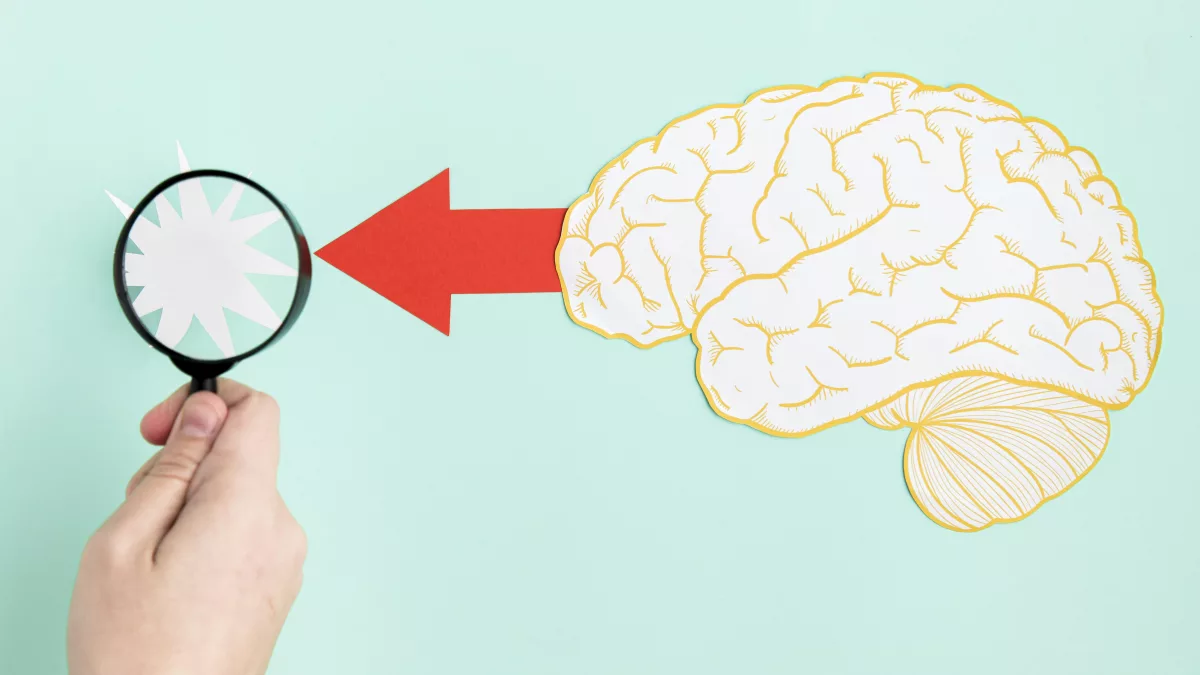The first of our How to Feel Good series. Check out the other parts of the series here: serotonin, oxytocin, and endorphins.
Remember that rush of pleasure you get every time you go shopping?
Or bite into that cookie you’ve been craving?
Or get a bunch of likes on your latest social media post?
That’s the ‘dopamine rush’ – a feeling of pleasure we get because of dopamine, one of the ‘feel-good’ chemicals produced by the brain. Although we tend to commonly associate it with pleasure, dopamine has a much more significant role in the functioning of our brain. It determines how we learn, make decisions, determine what’s important to us and even how we pursue our goals.
What is dopamine?
Dopamine is, essentially, a neurotransmitter, a chemical messenger to convey signals from our brain to other parts of the body. It also acts as a hormone.
At its core, dopamine drives many of our core behaviors, propelling us towards things that bring us pleasure and steering us away from pain. When we engage in activities that we find enjoyable, our brain releases dopamine, reinforcing these behaviors and encouraging us to repeat them.
These activities are not just associated with instant gratification, but also include many of the most basic functions that are critical to our survival, like seeking nourishment, forming social bonds or having sex. Dopamine uses are many – it influences our learning processes, memory, and habit formation, reinforcing actions that our brain perceives as beneficial.
When is dopamine released?
Dopamine is also an integral part of the brain’s reward system – the regions of the brain that dictate our responses to different stimuli. So it also plays a critical role in decision-making, especially in evaluating risks v/s rewards – the delicate balance between seeking rewards and avoiding risks. This is called ‘reward learning’.
But contrary to popular belief, it’s not the reward itself but the anticipation of a reward that most strongly influences our reactions and behaviors, even our memories. What’s more, research shows that our dopamine level only spikes when we encounter unexpected outcomes. This is called ‘dopamine gambling’. When a reward is more than what we expected, our dopamine increases, reinforcing the behavior. When it’s less than what we imagined, it decreases, discouraging us from trying again. When we can correctly predict the reward from the behaviour, our dopamine levels remain the same.
That’s why things that feel like a gamble – like uploading a photo on social media, or using a slot machine – can give us such a rush, because we can’t correctly predict the risk v/s reward ratio.
Dopamine and work
Interestingly, dopamine responses are not uniform across individuals. Some people’s brains are more responsive to rewards, while others are more sensitive to punishments. This difference affects both reward learning and motivation.
Recent research has also found that this can play a role in how we pursue our goals at work, for instance. People who are generally considered ‘go-getters’ with high motivation levels exhibit greater high dopamine response in areas of the brain that are directly related to motivation and rewards. People who are less inclined to work – or ‘slackers’ – exhibit high dopamine levels in areas that impact emotion and risk perception.

High and low dopamine levels
Given how significant it is in controlling our behavior, our moods and our memories, dopamine plays a complex role in managing our mental health. Low dopamine symptoms can lead to various health conditions. Parkinson’s Disease and certain forms of depression have been associated with reduced dopamine activity.
Since dopamine is so closely related to our feelings of pleasure, it has also been closely linked to addictive behaviors – whether it’s drug use or other forms of addiction. Chasing that feeling of pleasure – the dopamine rush – can also become a compulsive need which can lead to deteriorating mental health.
Takeaway
So, how do we manage this powerful neurochemical? The key lies in moderation. Activities like meditation have been proven to help regulate our brain’s response to dopamine, encouraging a more balanced approach to pleasure and reward. Additionally, being aware of our actions, like the time spent on social media, can help us control the dopamine-driven impulse for instant gratification.
Want to try to better regulate your dopamine levels? Try one of our meditation sessions here.

















Share this article